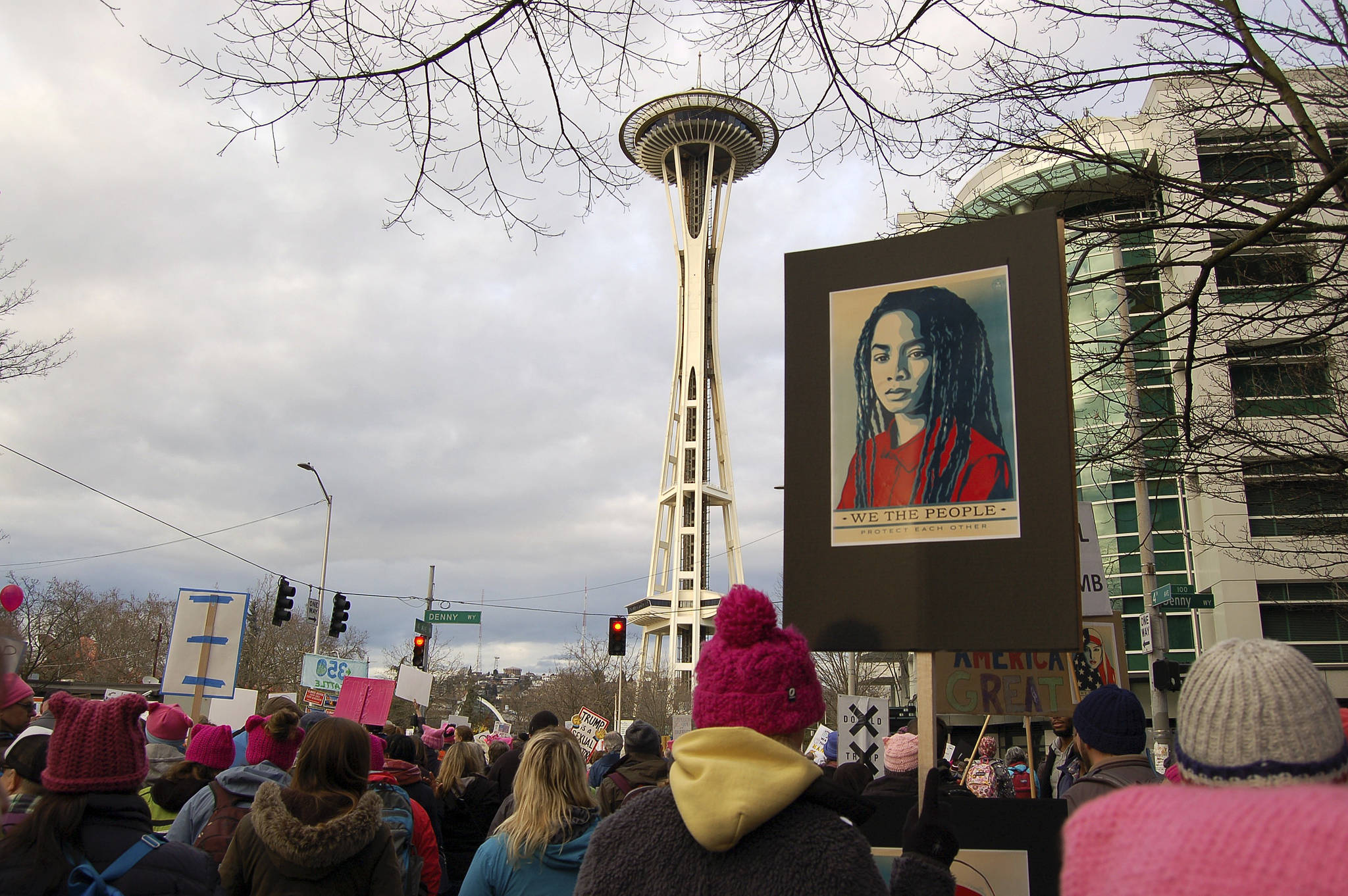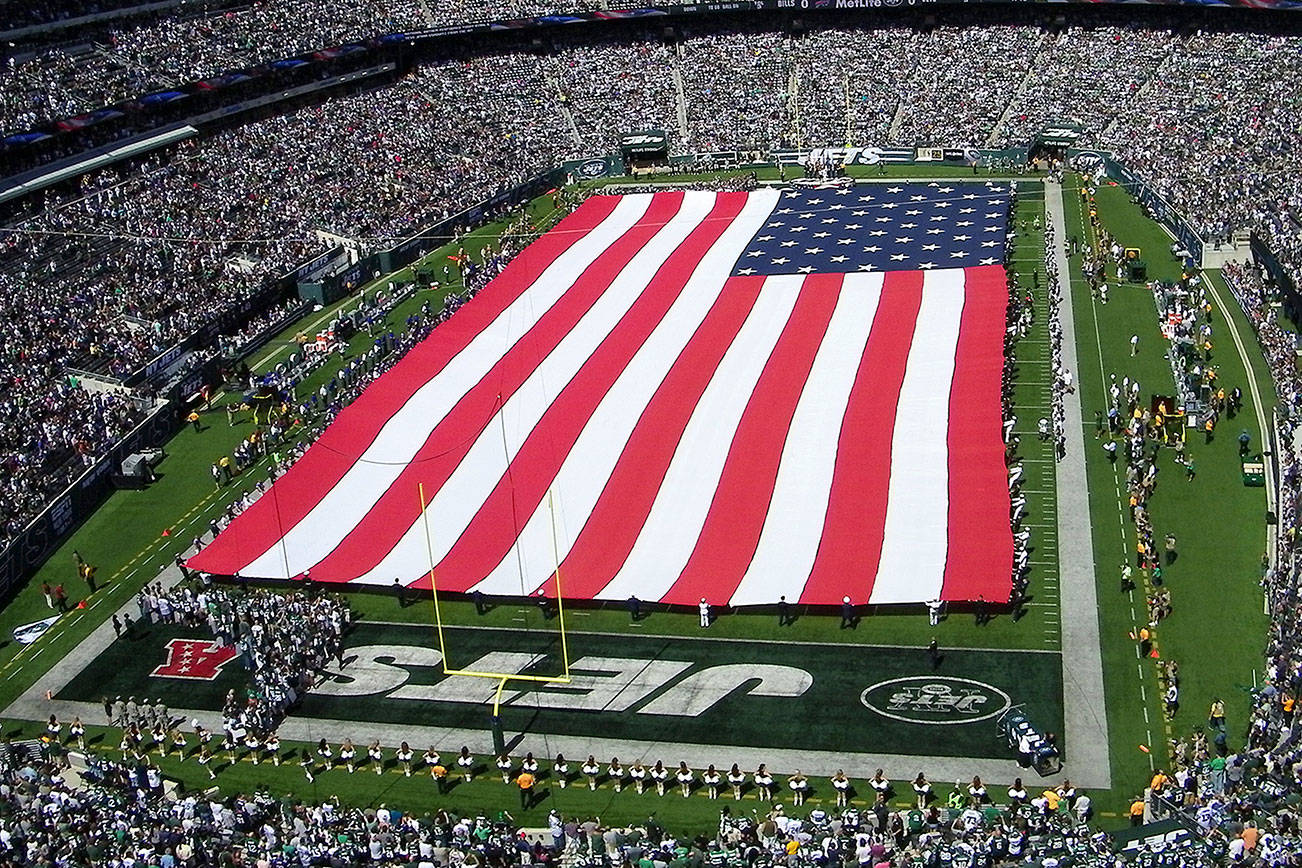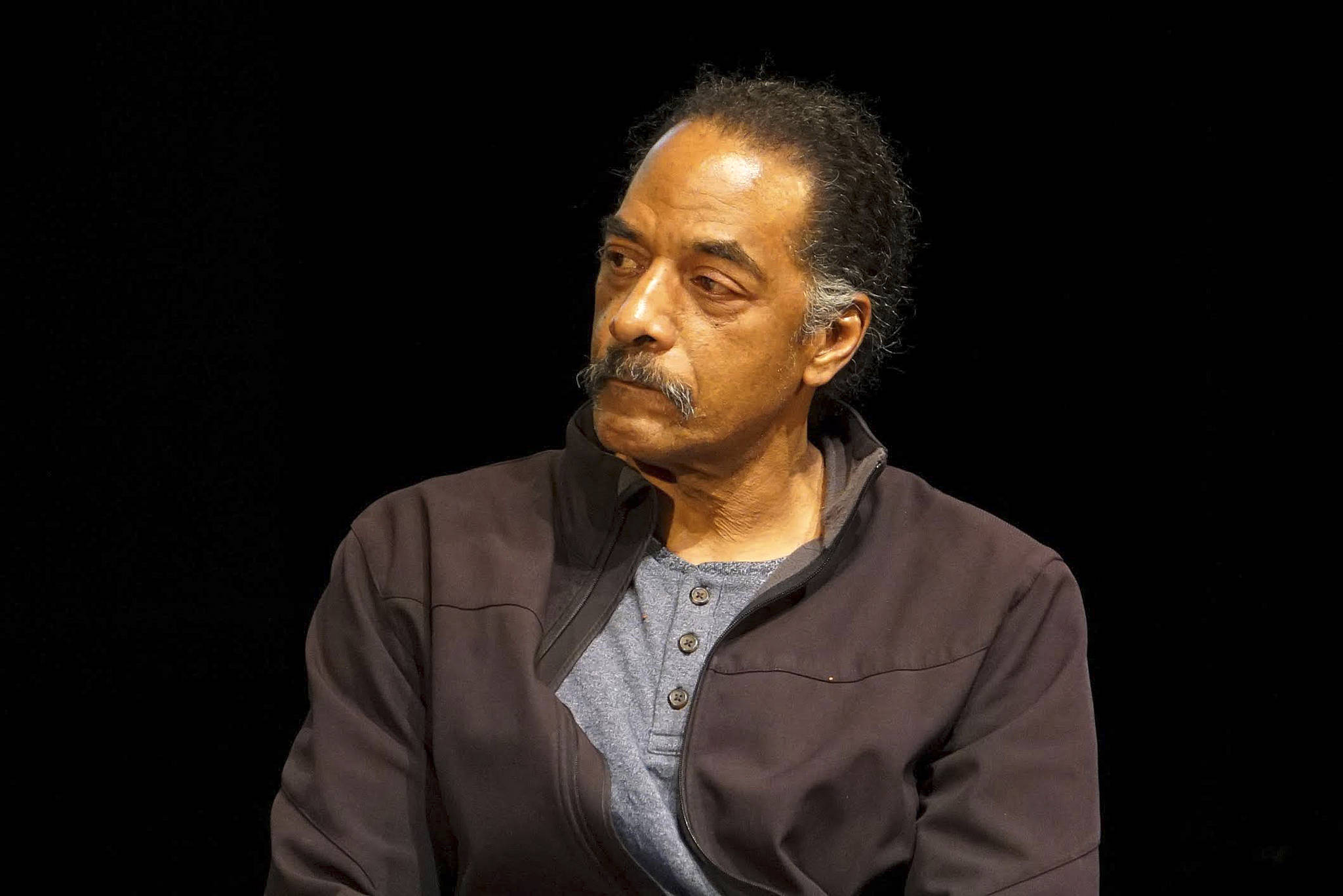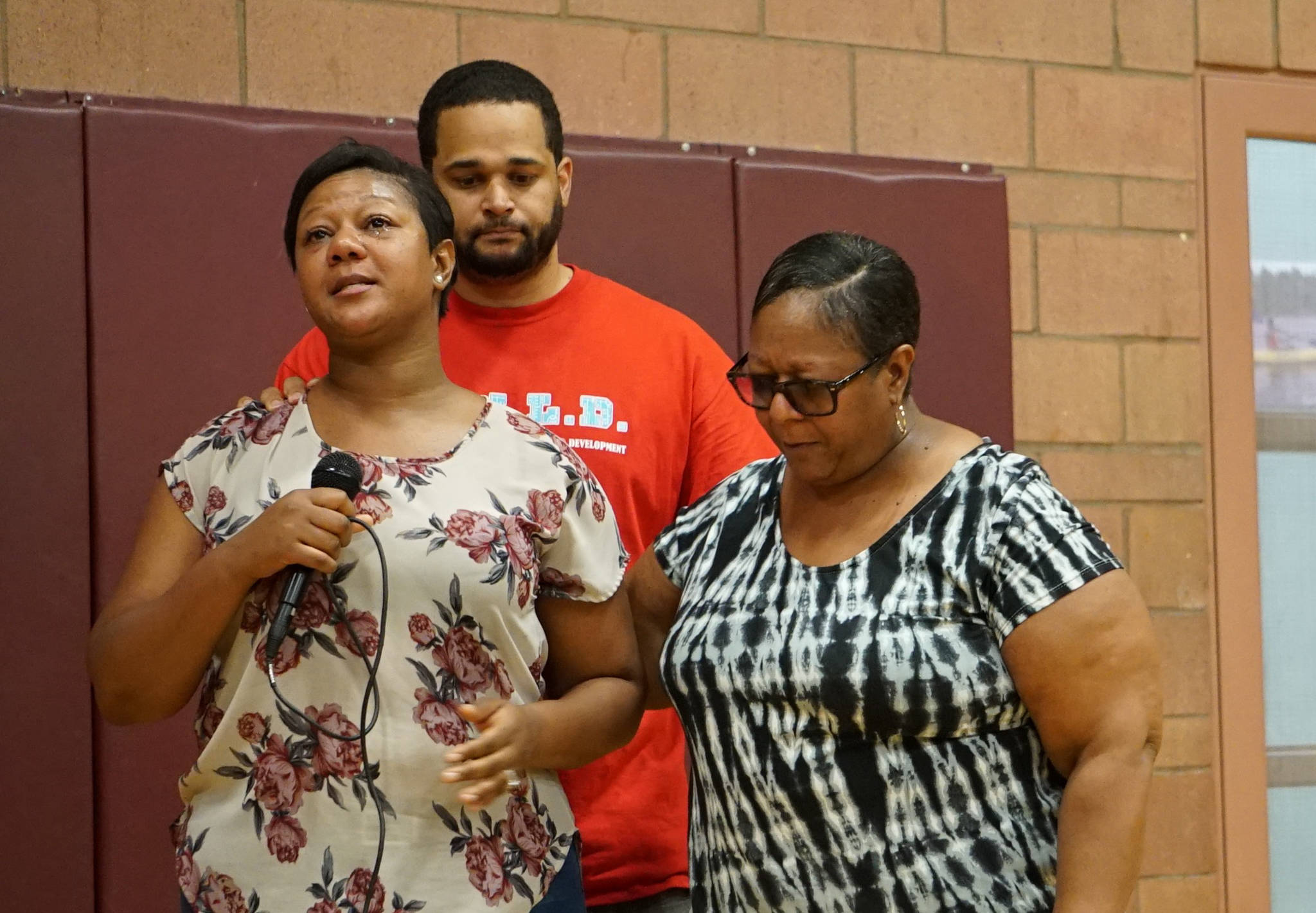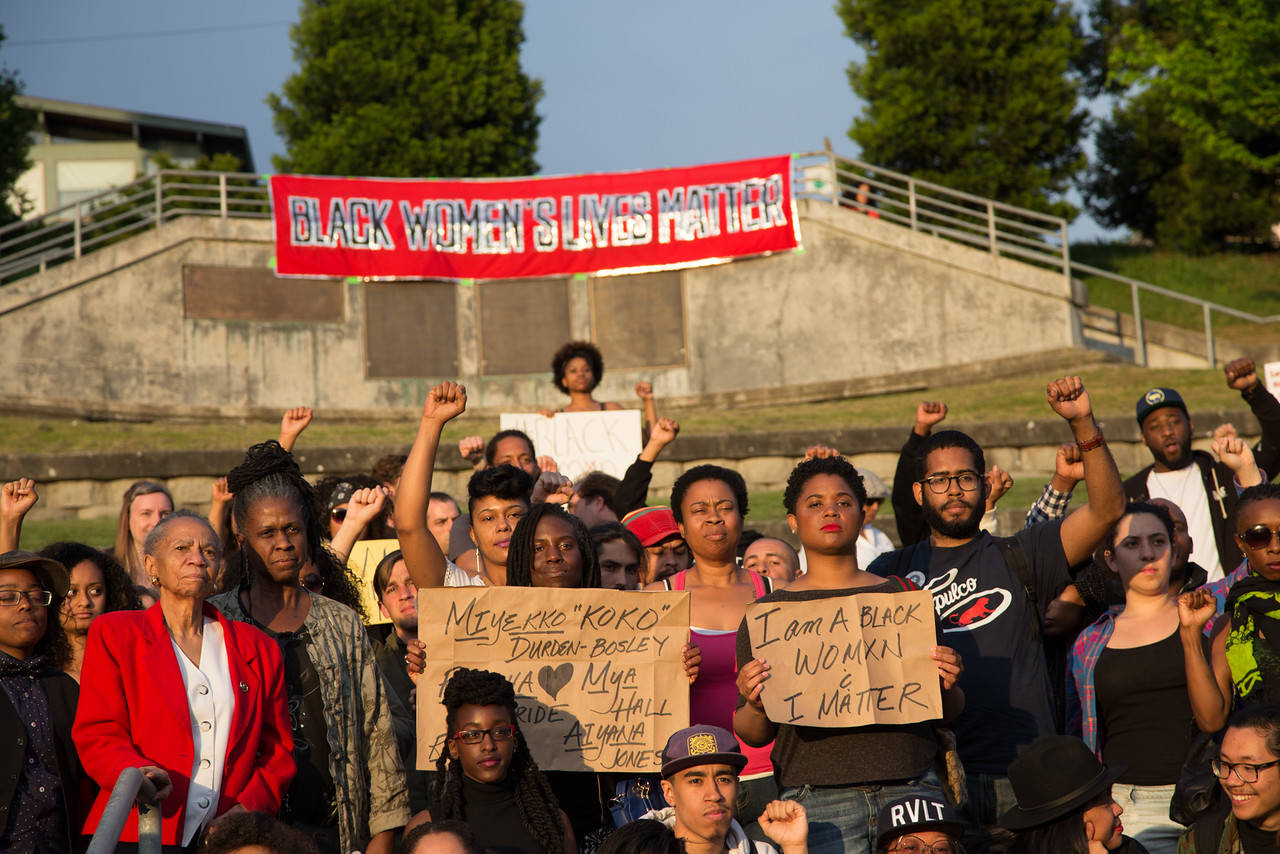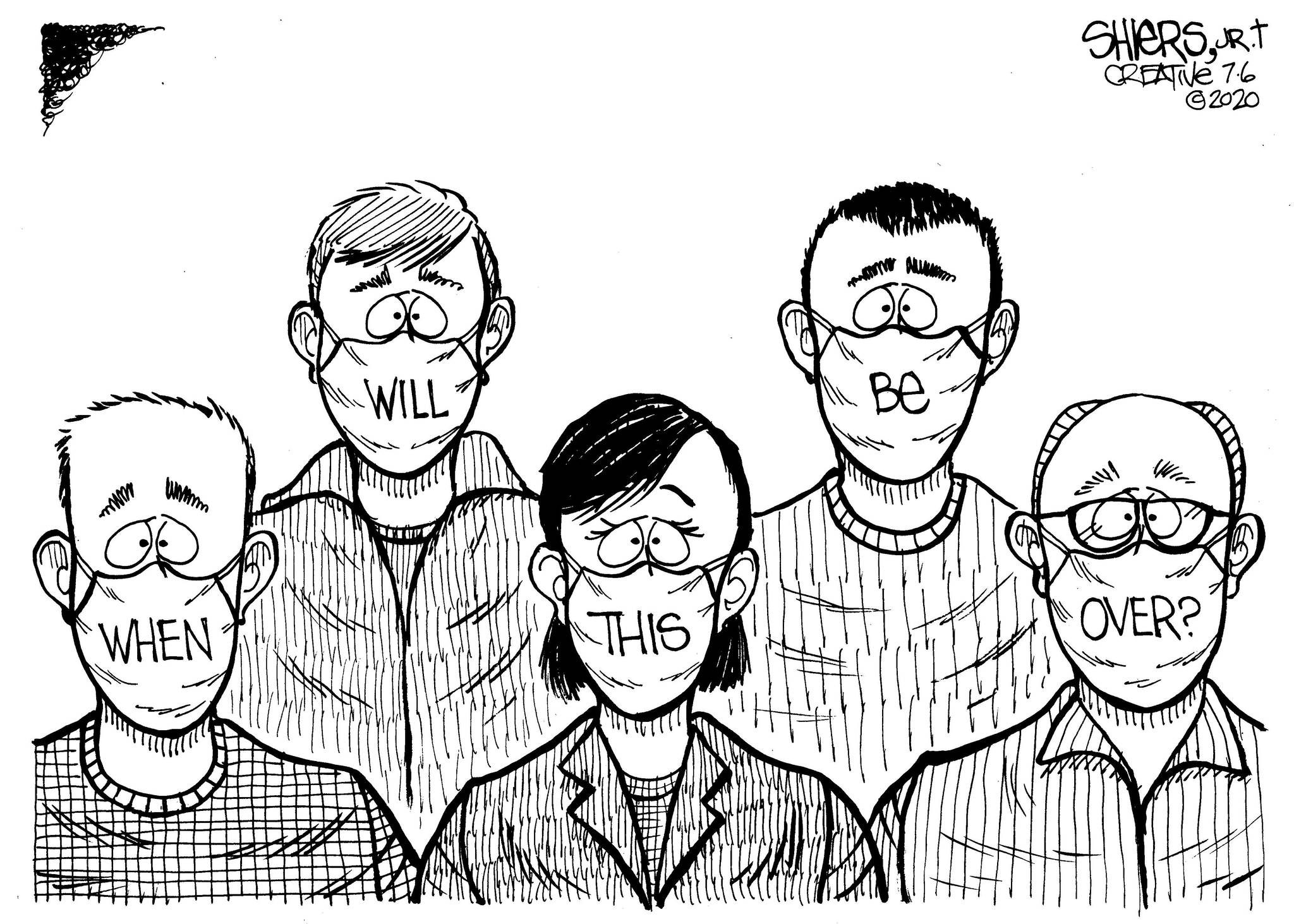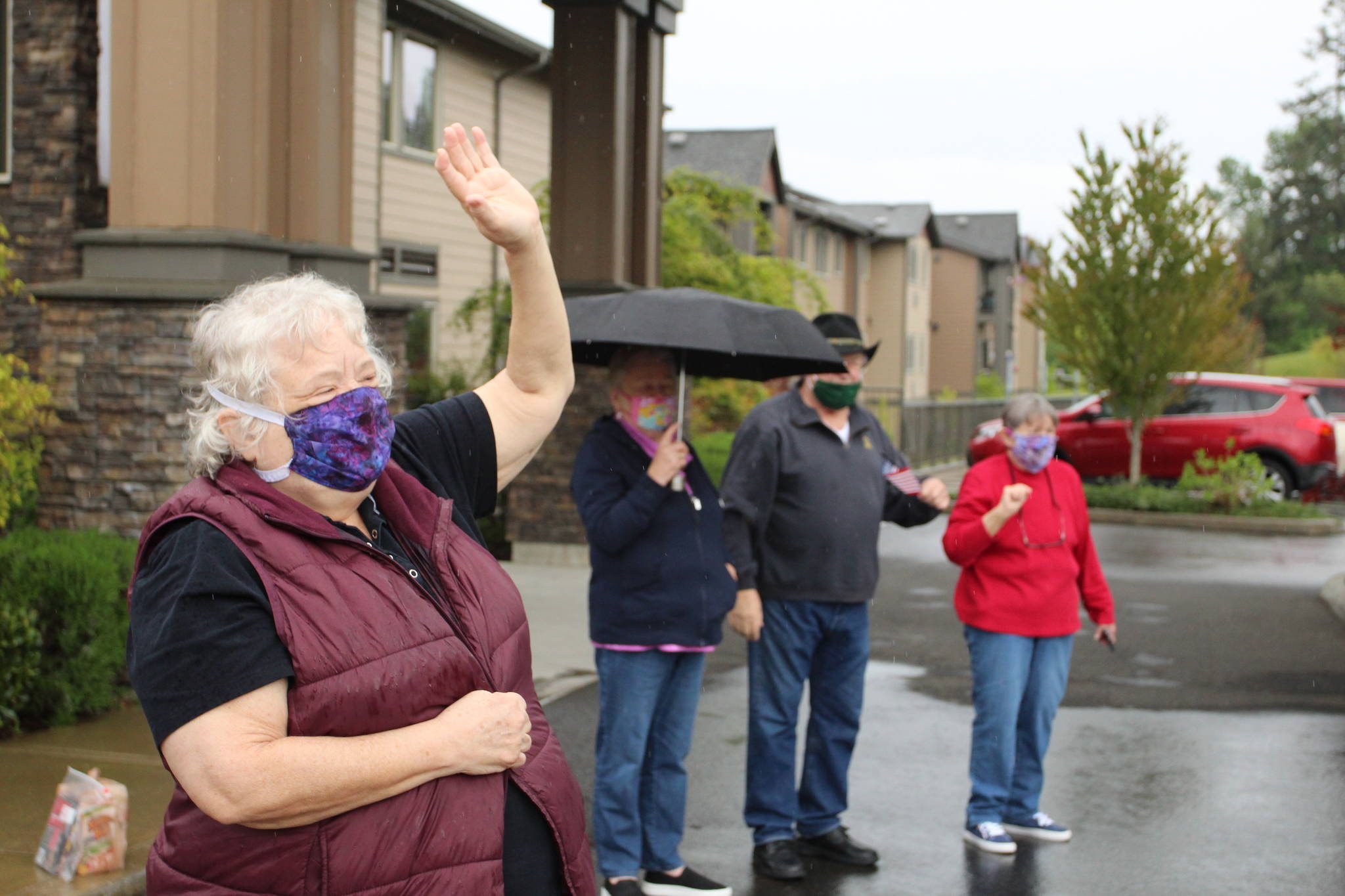For the last year, America has been in the throes of increasing internal conflict. But this country has long been suffering from an identity crisis, since just before the ink dried on the first sentence of the Declaration of Independence.
Who can claim this nation as a land of opportunity? Who deserves its freedom and liberty? Who is subject to its justice? Whose humanity is affirmed by its laws? Whose voice is amplified? Whose is muted?
It’s a shame such questions continuously confront a nation so ill-equipped to handle the burden of self-examination. As Alexis Tocqueville long ago pointed out while documenting our infant country; Americans can do simplicity quite well, grappling with nuance, not so much.
This wrinkle plays into our society’s preference to view this nation’s role as that of an undimmed light in the theater of human history.
We’d rather forego any critical collective appraisal of our past’s hand in producing our present’s harvest of national polarization, deep-seated mistrust of our institutions (and each other), and our societal inequities.
It’s the reason an increasing number of us have little recognition of the America our fellow citizens dwell in. And no I’m not referencing the rural enclaves that the media rushed to cover after last year’s election. I’m speaking to the psychological terrains of what it means to be a woman, impoverished, a person of color, transgender, and elderly in this country.
These lives exist near a wavelength along a spectrum still unseen by too many. Much too often we’d rather view a manufactured version of the United States that plays out like a Disneyfied version of a Grimm Brother’s Fairytale—discarded of all its untidy parts in favor of happy endings carrying the message that no matter what came before, all is well.
It’s this version of America still holding much of our civic imagination captive replete with the message that with a bit of “grit” and hard work all is obtainable, no matter the systemic barriers. The last can be first, the feeble turned dominant, and the powerless transformed into the mighty.
It’s this America that greets Black football players kneeling with confusion, mass protests of police brutality with derision, and rampant reports of sexual assault with dismissiveness, unless it satiates a craving for celebrity news.
It’s a version of America that persists even after that election, which took place one year ago this week, providing a traumatic shock for many, but sadly little vision for a way forward.
Those “resisting” our current administration may offer opposition, but scarce on the menu is a new way of life or a re-imaging of the mechanisms guiding this country. To too many, Trump comes across as an aberration, not an inevitable reckoning for a society in radical need of reflection and an uprooting of its mythic fables so as to leave a flagrant truth.
Instead we hear that America is a strong nation that will weather the storm. Indeed, ours has been a powerful nation. It has been a wealthy nation. It has sometimes been a generous nation. But has it ever truly been a great nation?
It cannot be until we acknowledge the truth of who we were and are. It cannot be until we actually agree upon exactly what that truth is.
It certainly won’t be if we continue force-feeding our citizenry a version of America fueled by fantasy over fact, and resort to anger whenever one of their fellow citizens can no longer stomach swallowing such fodder and decides to speak out or take a knee.
Great nations sacrifice comfort for honesty, myths for reality, and coerced uniformity for a revered variety.
No, America is not a great nation, and it was not before Trump. But it can be after.
It first must start with a vision of an America with new values, new principles, a new understanding of our common good, a new meaning of what it is to be American.
The American character has been associated with many treats, one we must lift to prominence is it’s aspirational nature, a pursuit of being better than we are.
America will always be scarred by the sins of the past. We cannot forget the genocide that accompanied the country’s expansion, the slavery that fed the economy, or the subordination of women that persisted throughout its growth to a global superpower.
America can still be great. But there is so much we must shed: our current president, our racism, our patriarchy, our structural inequality, our predatory capitalism, our military industrial complex.
That will happen only if we demand it, every single day of our lives, viewing the present as fertile ground in preparation of the harvest to come from our efforts.
There is no moral arc in our universe that naturally bends towards justice; there are only hands that drag society by the collar kicking and screaming into a just and equitable dawning.
Those hands belong to us.
Marcus Harrison Green is the editor of the South Seattle Emerald. He is also the editor of Fly to the Assemblies, a collection of essays that will be published by Third Place Press on Nov. 3. See him and contributors speak at Town Hall on Thursday, Nov. 2.
